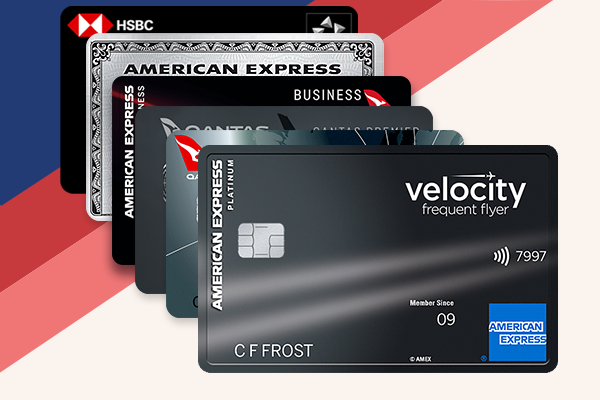You just keep making things up. Your exact words in your initial statement that I challenged was that it isn’t a JV “under the normal definition of a JV”. But as you have since acknowledged, there is no normal definition, but yet you‘re still trying to argue that since it isn’t like a revenue neutral one that is doesn’t count.
I’m not hung up about the technical definition. I suspect you are and missing the point: even as a non-metal neutral or non-revenue sharing JV, it’s still a lot more coordinated on pricing than free sale codeshares. The different is who sets prices and how they’re set. One could argue that a free sale is actually better than what QF have, but that’s besides the point. I’m not arguing that QF-EK is a highly integrated JV, I’m arguing that it’s not anything similar to free sale codeshare type agreement that QR-VA have. The point is they are dramatically different.
In addition to joint fares, which QR-VA don’t have, they do coordinate on scheduling too, just not the way you want to understand (you only see it on overlapping, which this JV isn’t about). They meet to coordinate feed onto EK in Aus to Europe. They’ve literally done this recently!
My worry here though is that you just keep making things up and then change your tune when it’s pointed out. Some of your fibs are pretty wild, like there are no geographic restrictions and they could coordinate to the US. I mean, other than the ACCC decision explicitly limiting geography to routes between Australia and the UK/Europe, New Zealand, Asia, the Middle East and North Africa, and other than them not having US DOT approval, they could …















